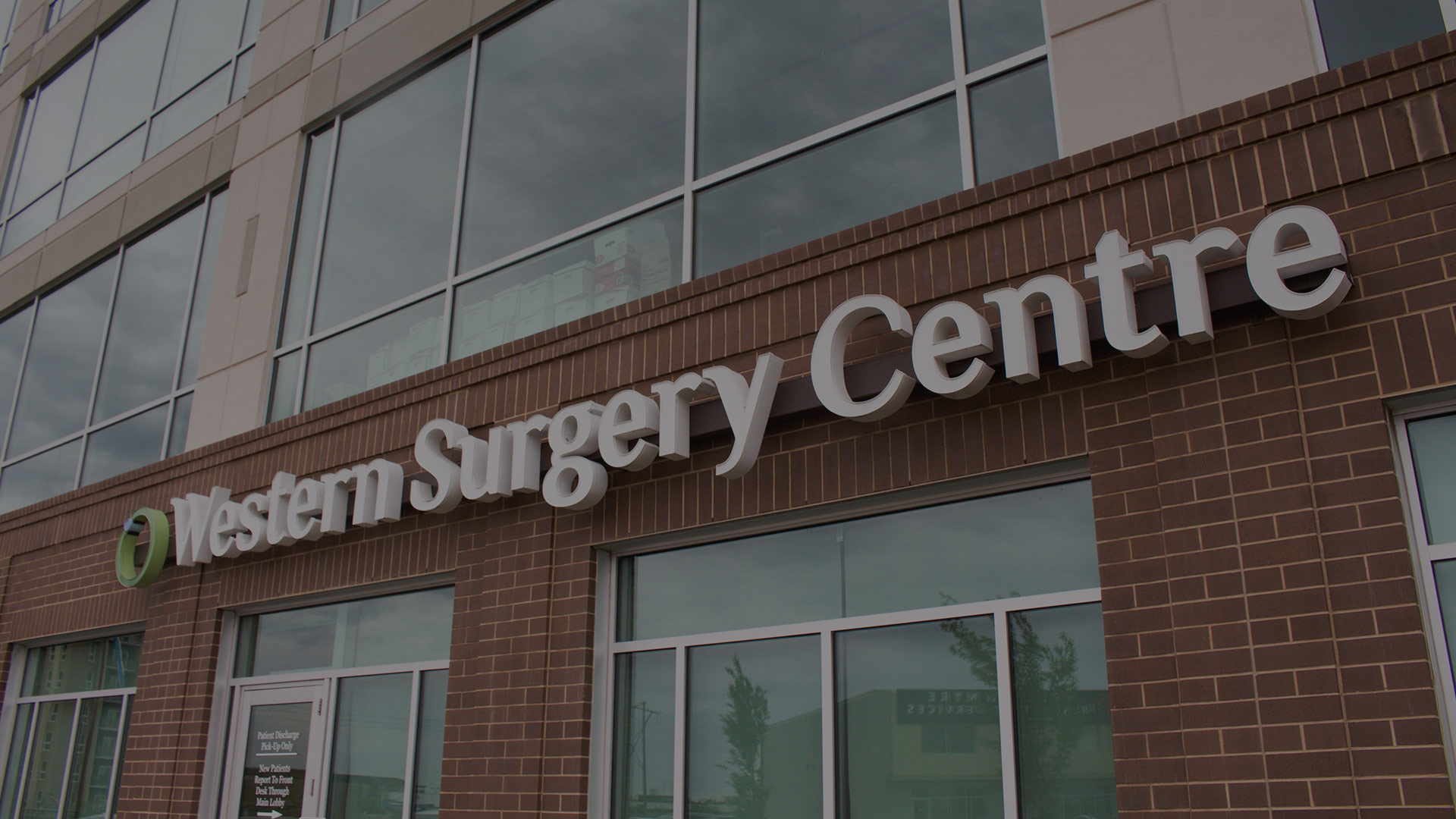05 Apr Using Google Glass as Part of a Plastic Surgery Procedure
“Google Glass,” the wearable technology has a wide range of possible applications in plastic surgery, including enhancing surgical training, medical documentation, and patient safety, according to a special paper in the March 2015 issue of Plastic and Reconstructive Surgery®, the official medical journal of the American Society of Plastic Surgeons (ASPS).
An article by Christopher R. Davis, MD, and ASPS Member Surgeon Lorne K. Rosenfield, MD, of Stanford University highlights the possibilities and challenges of integrating the technology into surgical practice and education.
In their study, the authors reviewed and analyzed reports on medical and surgical uses Google Glass, as well as it’s potential application in future plastic surgery. Glass is a hands-free, computerized eyewear that can present information to the wearer and enable recording and sharing of video, and while not currently available to the public, the technology is being developed for several markets, including healthcare.
In their reviews, Drs. Davis and Rosenfield identify surgical procedures performed using Google Glass across multiple specialties. They also present Dr. Rosenfields’ experience in performing the first plastic surgery with Glass: an eyelid surgery (blepharoplasty) performed in combination with a facelift procedure.
This experience illustrated opportunities for refinement, which include technical difficulties in streaming, the resolution of the camera, and the need for the surgeon to keep their head in a fixed position. One of the obvious benefits is the ability to demonstrate surgical procedures, live or recorded, which can apply to broader disciplines beyond plastic surgery, says Dr. Rosenfield. He also noted that Glass might allow surgeons to receive remote consultations and even “virtual assistance” during actual procedures.
Glass may also be useful in providing instant access to medical documentation: for example, doctors could call up and view necessary medical records, imaging studies, or checklists. This could also potentially reduce the spread of infection from handling pens and paper, computers, and other sources.
While acknowledging that many challenges remain, Drs. Davis and Rosenfield remain “very bullish” about the potential uses Google Glass in surgery.


No Comments